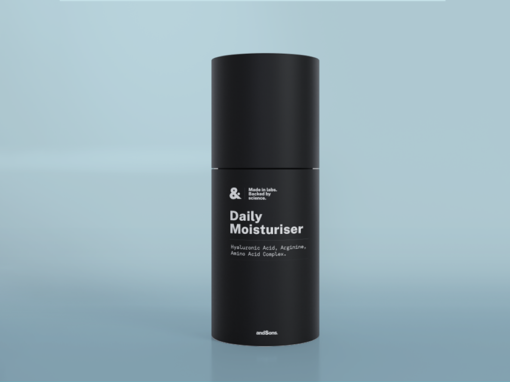Overview
Prostatitis is a common condition characterised by the inflammation of the prostate gland, a walnut-sized gland located below the bladder. It often causes difficulty in urination and pains in the pelvic area and genitals, but it gets better eventually. In this article, we will discuss the types of prostatitis and the symptoms associated with each.
How does the prostate work?
The prostate gland is part of the male reproductive system. It is located just below the bladder and in front of the rectum. The primary role of the prostate gland is to produce and transmit the fluid that nourishes and protects the sperm.
What is prostatitis?
The inflammation that happens in the prostate gland is known as prostatitis. It is a group of conditions that includes chronic pelvic pain syndrome (CPPS) and chronic bacterial prostatitis, which affect the prostate gland. It is a common disorder that can affect men of any age, and half of all men have symptoms and signs of prostatitis once in their lives. Men with prostatitis can experience infection, dull cramps, and inflammation. However, many men with the same symptoms are misdiagnosed and may have other health issues.
Types of prostatitis
The different types of prostatitis include:
Category 1: Acute bacterial prostatitis
It is a sudden bacterial infection when bacteria in the urinary tract enter the prostate gland. It causes severe symptoms like headache, fever, chills, pain in the lower back, painful urination, and a sensation of incomplete urination.
Category 2: Chronic bacterial prostatitis
Recurrent or ongoing bacterial infections of the prostate gland are a defining feature of this condition. Although less severe, the symptoms are similar to acute bacterial prostatitis. It may require long-term antibiotic treatment.
Category 3: Chronic pelvic pain syndrome
CPPS is general prostatitis that can occur in approximately every 1 out of 3 men. As the name suggests, CPPS causes chronic inflammation in the pelvis and genitals.
Category 4: Asymptomatic inflammatory prostatitis
This causes prostate gland inflammation but is asymptomatic and requires no special treatment.
Prostatitis symptoms
The signs and symptoms of prostatitis disorder vary from man to man, depending on the type. People with asymptomatic prostatitis do not experience any symptoms, but symptomatic prostatitis includes:
Dysuria:
Pain and burning sensation while urinating
Difficulting urinating:
Weak or interrupted urine flow and hesitant urination
Nocturia:
An urge to pee frequently, particularly at night
Perineum:
Pain in the area between the scrotum and rectum and discomfort in the penis or testicles
Flu:
Fever, chills, muscle pain, and other flu-like symptoms
Sharp pain:
Pain in the lower pelvic area and lower back
Conclusion
Prostatitis is a complex yet common health condition characterised by prostate inflammation, leading to distressing symptoms. Despite facing issues in diagnosis, it is essential to seek medical attention. Early detection and proper treatment can help to prevent potential complications.
FAQs related to prostatitis
How common is prostatitis?
Prostatitis is a widespread UTI problem for men of any age. It is the third most common UTI problem for men older than the age of 50. It’s a general problem affecting men, with a 2.2-13.8% prevalence. Some studies show that approximately 2 million patients consult a doctor to treat this disease.
What happens if you leave prostatitis untreated?
Untreated acute or chronic prostatitis leads to severe complications. It may worsen your urinary symptoms and bother you for a long time.
Can prostatitis be cured?
Prostatitis can’t be permanently cured, but treatment can manage symptoms. It is impossible to know how long it will return. A time-to-time follow-up is required.
This article is for informational purposes only and does not constitute medical advice. The information contained herein is not a substitute for and should never be relied upon for professional medical advice.
Book a consultation with andSons medical team to learn more about healthcare treatments here.


